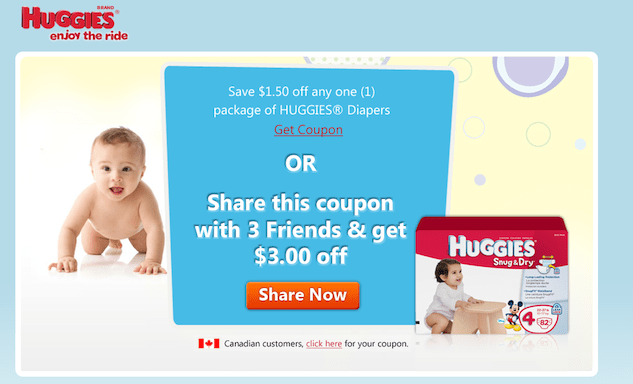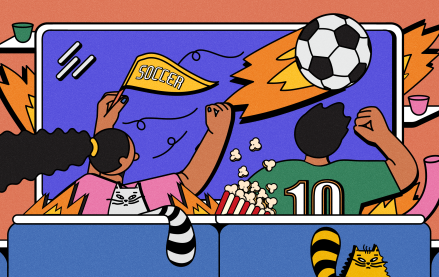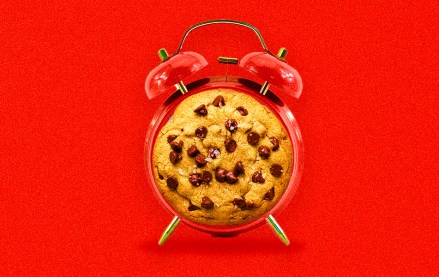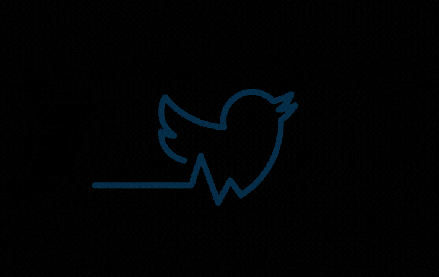
The knock on social is it’s nice for engagement, awful at generating sales. Many leaped on reports that Facebook and Twitter generated pretty close to zero sales for retailers on Black Friday.
But it doesn’t have to be that way for brands. Take Kimberly-Clark, for example. The consumer goods company wanted use social to drive sales. Imagine! That’s why it didn’t turn to a newfangled tactic like a Facebook app or “viral” video, but instead put a twist on the lowly (and effective) coupon.
Huggies distributed its coupon on its own site, to its 800,000 Facebook followers and on a campaign site. The difference from a regular coupon is people could increase their savings by sharing it. Don’t share it, the coupon was worth $1.50 off of their next purchase. Sharing the deal via either Facebook or Twitter, or provide three friends’ emails, bumps the deal to $3 off. The introduction of a little self-interest spurred more sharing than the brand expected.
“Every metric — referral open rates, click-through rates, coupon print rates, and redemption rates — were higher than anything we see in [our other] digital marketing programs,” said Dan Kersten, head of consumer promotion marketing at Kimberly-Clark.
The initiative, done with social marketing vendor SocialTwist, drove 630,000 visitors to Huggies’ microsite and an estimated increased awareness of 3.5 million relevant consumers. The ads received a 56 percent click-through rate and the email blasts saw a 55 percent open rate. Sixty-seven percent of all the people that engaged with the program ended up taking the offer. Kimberly-Clark said that the program generated more than $2.5 million in revenue for Huggies.
“We intend to bring [social referral marketing] to the extended Kimberly Clark brand portfolio,” Kersten said.
More in Marketing

Ahead of Euro 2024 soccer tournament, brands look beyond TV to stretch their budgets
Media experts share which channels marketers are prioritizing at this summer’s Euro 2024 soccer tournament and the Olympic Games.

Google’s third-party cookie saga: theories, hot takes and controversies unveiled
Digiday has gathered up some of the juiciest theories and added a bit of extra context for good measure.

X’s latest brand safety snafu keeps advertisers at bay
For all X has done to try and make advertisers believe it’s a platform that’s safe for brands, advertisers remain unconvinced, and the latest headlines don’t help.





